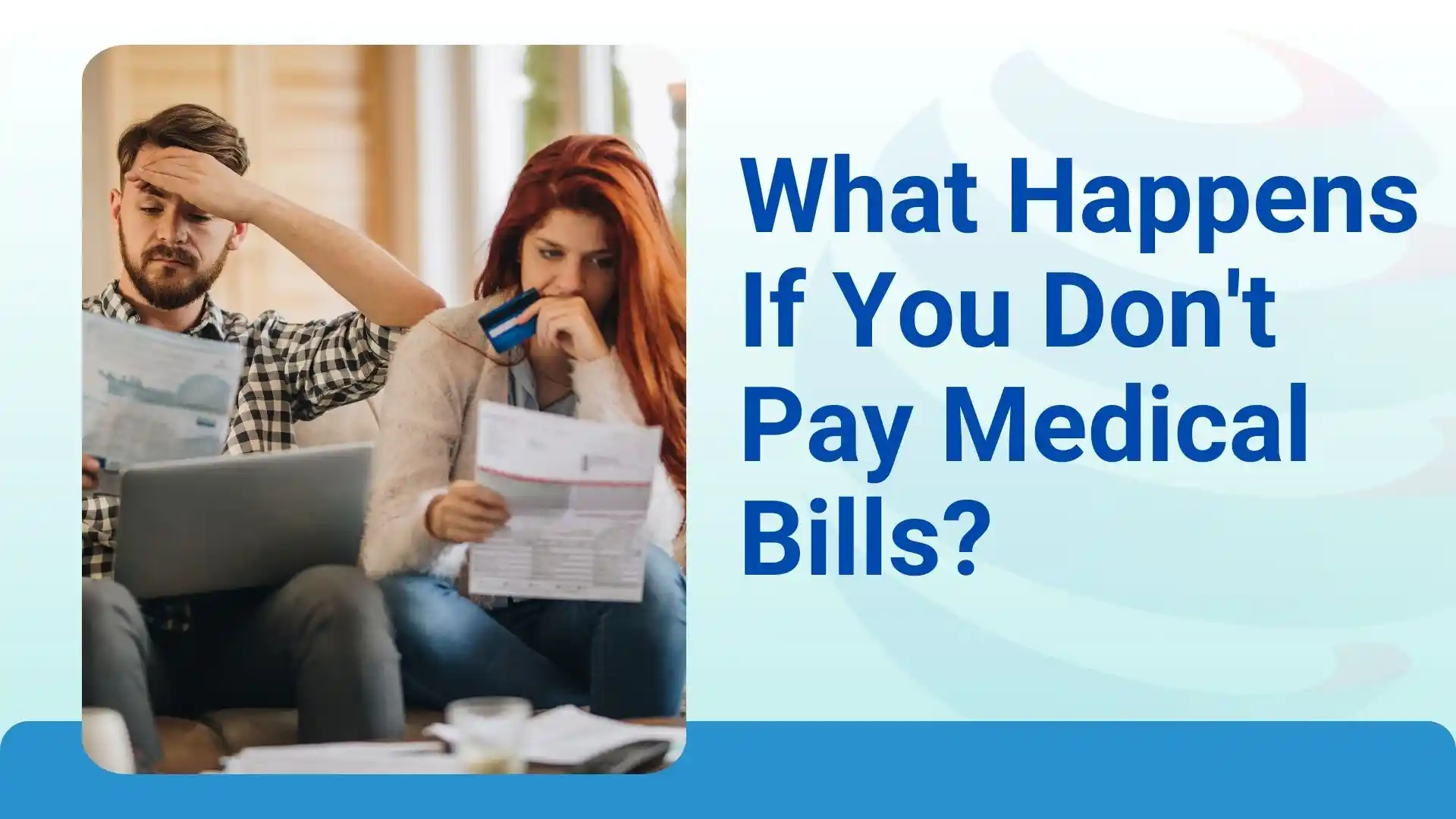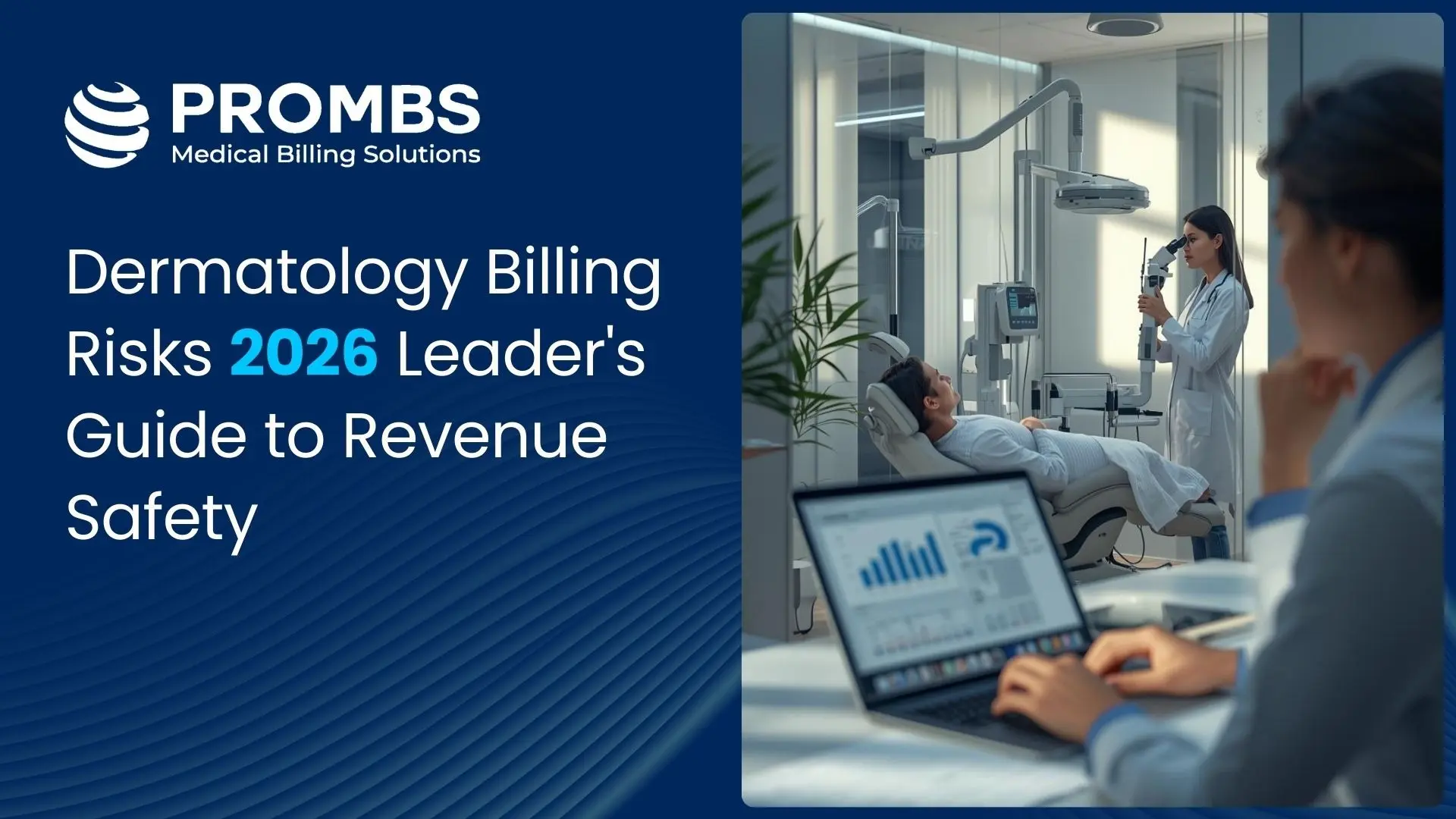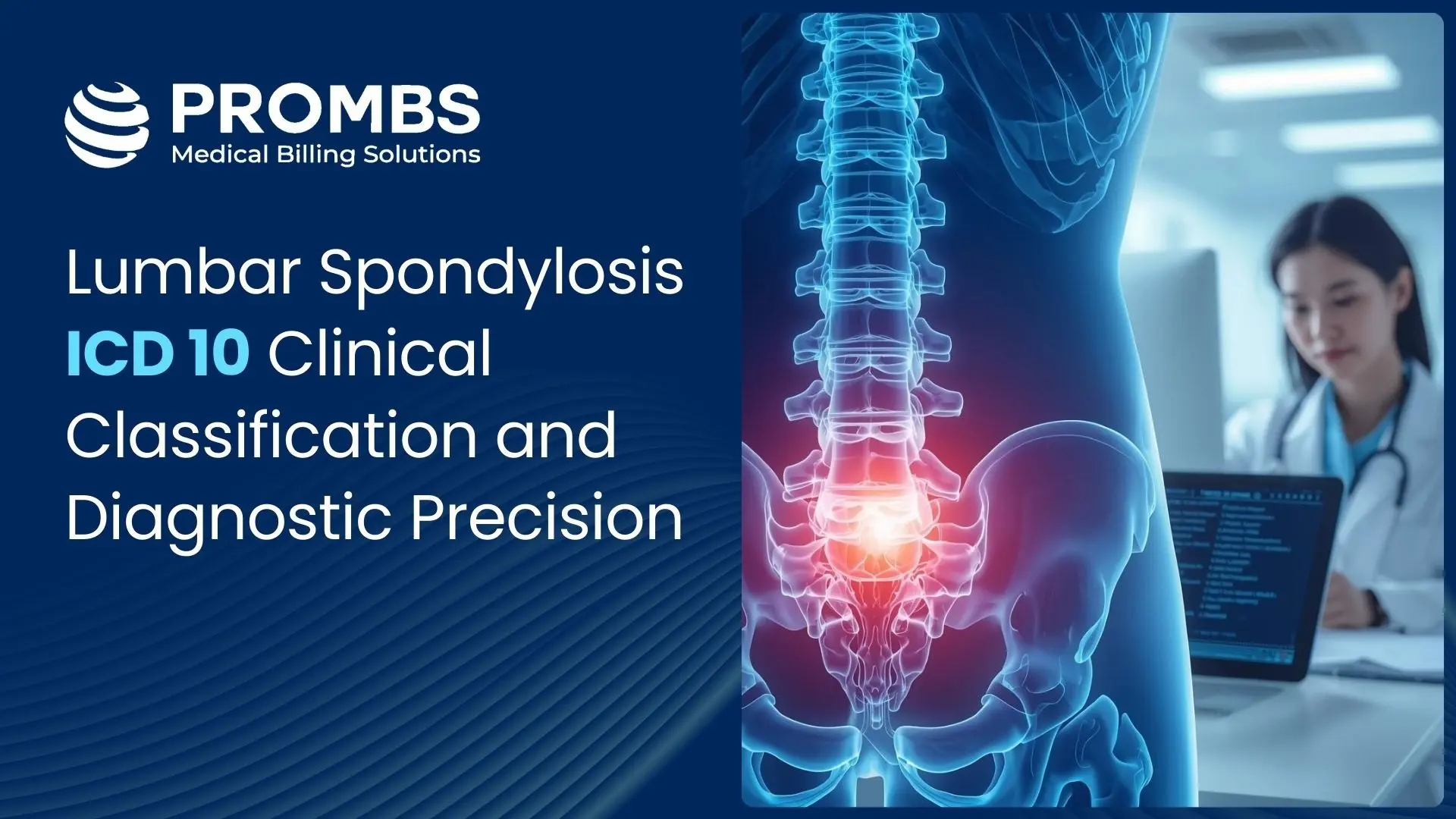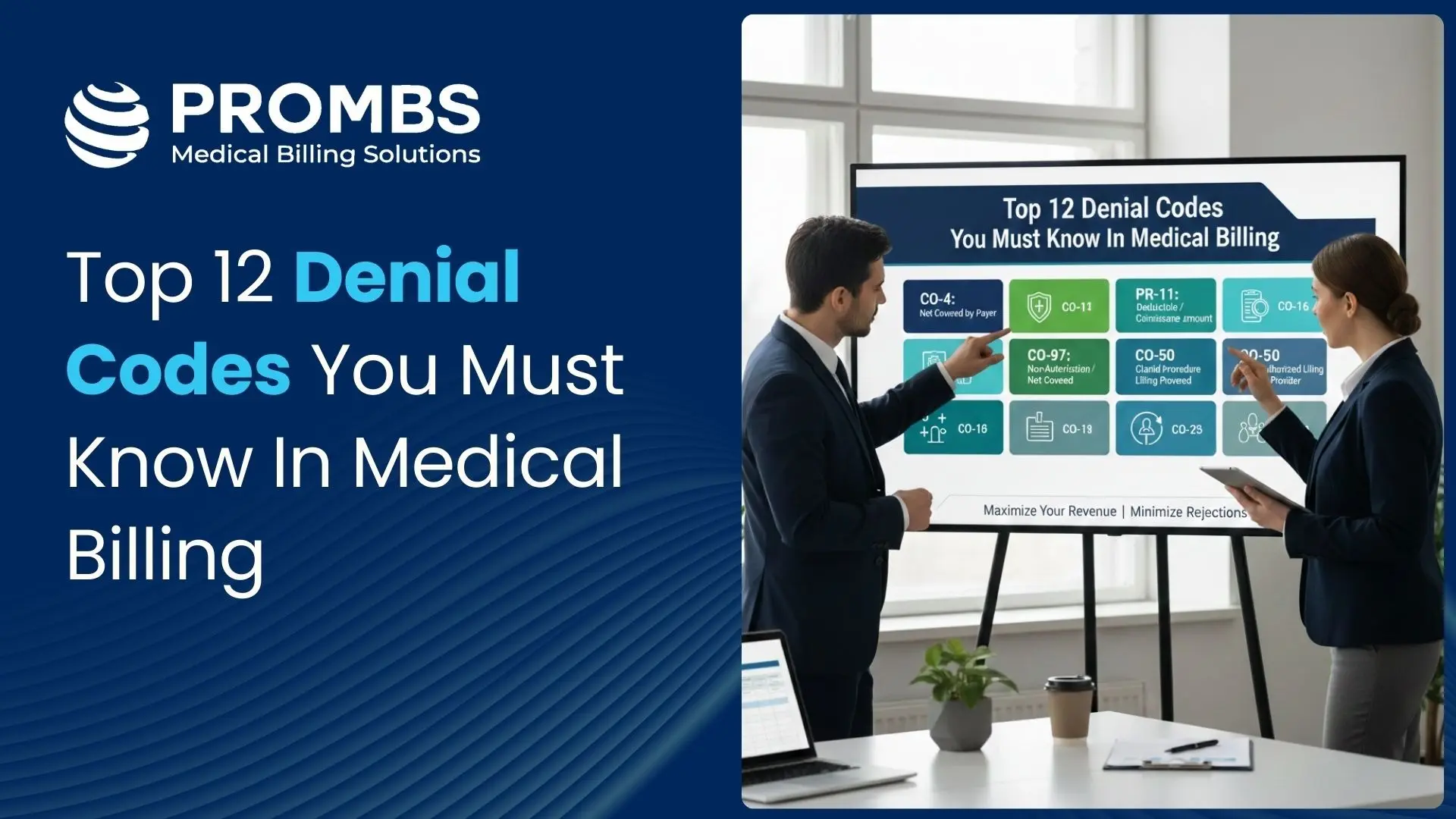✅From Bills to Bankruptcy? What You Should Know First
1️⃣What Is Medical Debt?
2️⃣If You Don't Pay Medical Bills What Happens?
3️⃣How Are People Stuck in Medical Bills?
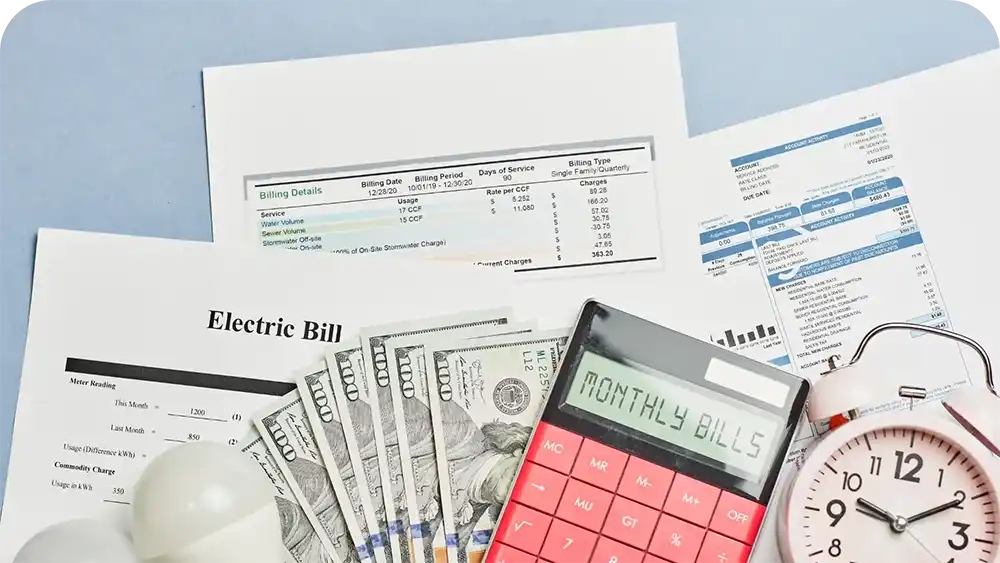
Medical Debt Can Shock You
How Medical Debt Hurts
👉 How Does Medical Debt Impact My Credit Score?
👉 How Can I Check My Credit Report?
👉 Strategies to Negotiate and Pay Medical Bills
Review Bill Accuracy
👉 Request to Lower the Bill
Look For Outside Assistance
👉 Request A Medical Bill Payment Plan
Seek A Patient Advocate Help
👉 Consider Medical Care Credit
👉 Think Carefully Before You Take Personal Loan?

👉 Which Type of People Face More Medical Debt
Legal Protections and Rights
👉 Negotiate with Healthcare Providers
👉 What Happens If I Still Owe the Bill?
- Negotiating the billing to the amount that you can afford
- Asking the provider to accept an interest-free payment plan
- Approaching non-profit organizations for financial help for necessary drugs, medical care, or even certain medical conditions
- Avoid using medical credit or credit cards to pay off the bill as it could land in a non-negotiable debt position.
👉 Where Can I Go for Further Need?
👉 Bottom Line
Frequently Asked Questions
If you don’t pay medical bills quickly, hospitals or clinics might send reminders at first. But if too much time passes, your bill could be sent to collections — and that’s when bigger problems start.
If you completely ignore a medical bill, it could hurt your credit score, lead to debt collection calls, and even result in legal action. It’s smarter to work out a payment plan before things get serious.
Unpaid medical bills can eventually show up on your credit report, dropping your score by dozens of points. However, some new credit rules now offer a short grace period — so don’t wait too long!
gnoring collectors doesn’t make the debt disappear. Instead, it can pile up late fees and interest, and in some cases, you could even get sued for unpaid medical debt.
If you’re struggling, many hospitals offer hardship programs or financial aid — but you have to apply. If you don’t pay medical bills during tough times without asking for help, you risk facing collections and damaged credit.
Pro Medical Billing Solutions quickly resolves denied claims, negotiates lower balances, and shields your credit. Our experts work to reduce your out-of-pocket costs and avoid financial strain. With us, you gain a trusted team focused on protecting your financial future.
Pro Medical Billing Solutions brings exceptional expertise in accurately coding skin conditions like skin tags using the correct Skin Tag ICD-10 codes such as L91.8, D23.9, and L98.8. Their certified professionals don’t just code—they optimize. With unmatched precision and deep industry knowledge, they reduce denials, accelerate reimbursements, and bring real, measurable results that elevate your practice toward financial stability and operational efficiency.
